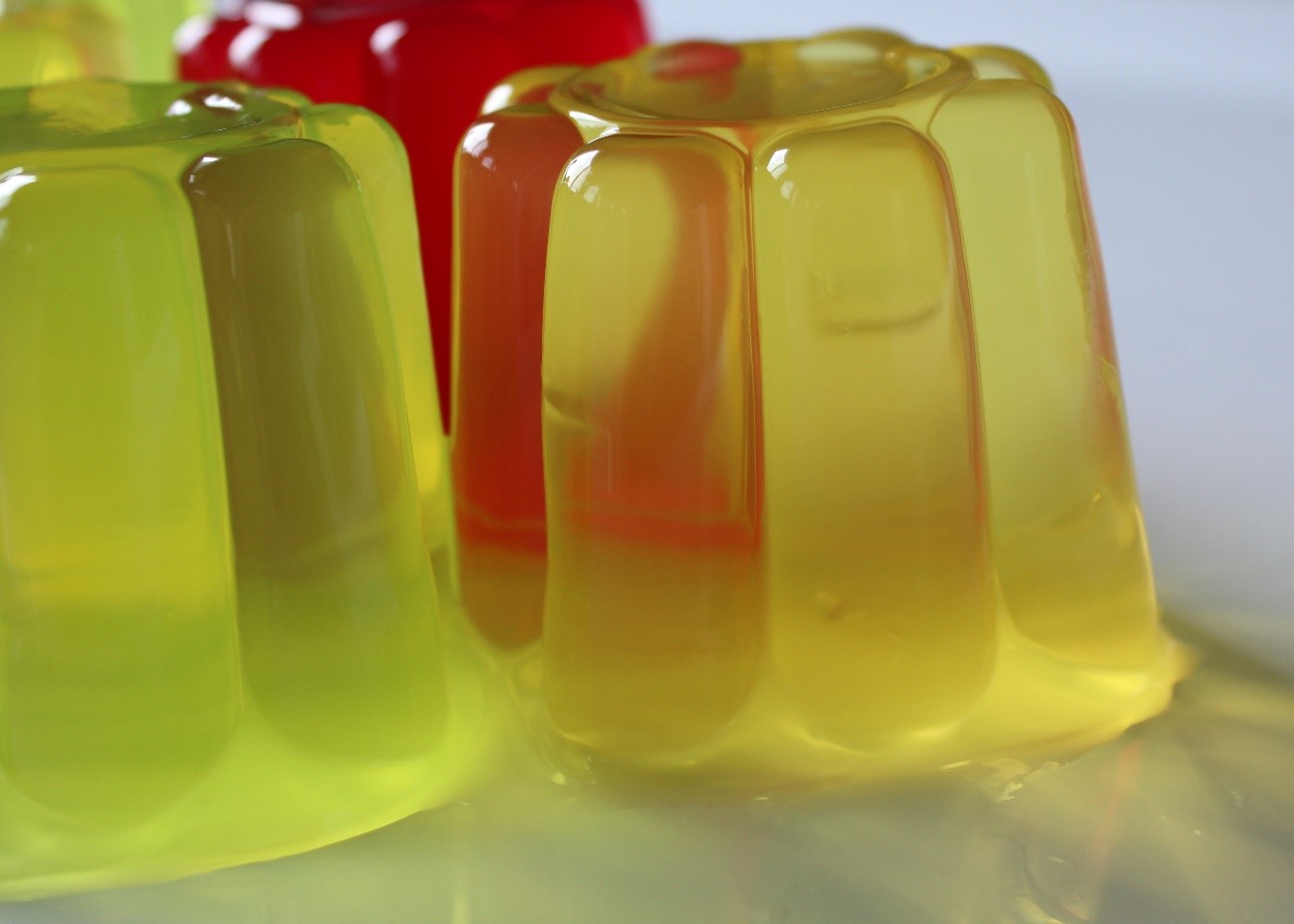The growing global demand for healthier and more environmentally friendly products leads us to develop natural solutions of non-animal origin. This epilogue tells the success of L-Arginine (clean label) for the substitution of phosphates in meat products.
L-Arginine Clean Label
L-arginine is one of the 20 amino acids naturally found in the proteins that make up our diet. These amino acids are the basic components of protein. In the case of L-arginine, we are talking about an amino acid considered semi-essential for humans as, beyond protein synthesis, it plays essential roles in the immune, circulatory and muscular systems. L-arginine is one of the few amino acids that contains three amino groups. This gives it functional properties that make it a molecule of natural origin with a wide range of applications in the food industry.
Our L-arginine is a natural alternative of vegetable origin obtained through a fermentation process, making it E-number free. This fermentation process, as is the case with other amino acids, is carried out at a pH close to neutral and totally under control. Once the synthesis of L-arginine is complete, a highly efficient filtration process is carried out to remove both proteins and impurities, thus obtaining high purity crystals of L-arginine.
Thanks to this process, L-arginine is recognised as GRAS (Generally Recognized as Safe) in the United States (Food & Drug Administration), and in Europe it is labelled as a NATURAL FLAVOUR of non-animal origin. Thus, the dose of L-arginine is quantum satis, and can be used in the different formulations at the dose that best suits the application. Therefore, we have at our disposal a natural ingredient, technologically functional and vegan, which also allows us a clean label, as it is E-number free.
Functional and technological properties of L-arginine in meat products:
- It increases the crude protein content of the product (analysed by the Kjeldahl method, N X 6.25).
- It increases the capacity of agglutination and water retention, providing juiciness and tenderness to the final texture.
- Excellent solubility in water, even at low temperatures, facilitating its application.
- Perfectly injectable.
- Minimal effect on viscosity in brine (no foaming during preparation).
- It improves the stability of emulsions in meat products, significantly reducing cooking loss.
- It inhibits the oxidation of lipids and proteins in fresh meat products, acting as an iron and free radical chelator.
- No noticeable effect on taste or odour, while improving colour.
- Considered Natural Flavour.
- Quantum satis dosage, although recommendations range from 0.3 to 0.5% in the final product (according to different sources the optimum dosage would be 0.5%).
- Very suitable for the production of “clean label” products.
Use of L-arginine in meat products
The incorporation of L-arginine in meat products will significantly improve their water retention capacity, increasing the pH (due to its basic pH of 11), while at the same time increasing their protein content. Furthermore, in cooked meat products, its interaction with different proteins provides us with a better structure than that provided by phosphates. Similarly, this improvement in the formation of the protein structural matrix provided by L-arginine in meat products improves characteristics such as hardness and elasticity in pork sausages, generating chewiness and a pleasant mouthfeel.
In conclusion, L-arginine in meat products, thanks to its functional properties, is a perfect natural and “clean label” alternative to reduce or eliminate the addition of phosphates.
Do you want to know more? Contact us




